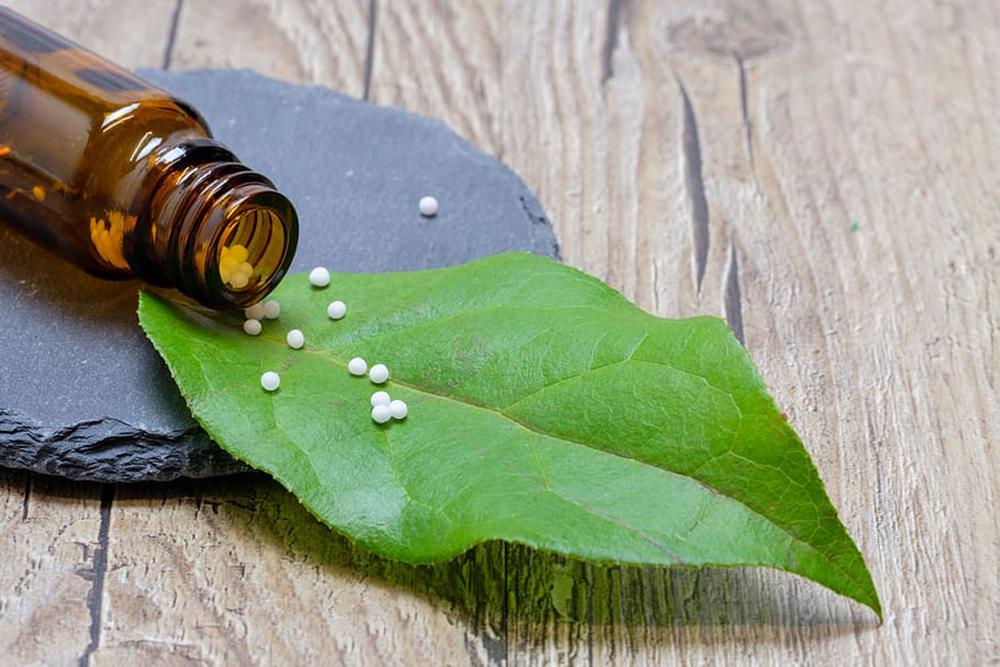What Is Homeopathy?
09 Apr 2020 by Ted Escobedo 3 min read
Homeopathy is a medical system based on the belief that the body can cure itself. Those who practice it use tiny amounts of natural substances, like plants and minerals. They believe these stimulate the healing process.
A basic belief behind homeopathy is “like cures like.” In other words, something that brings on symptoms in a healthy person can -- in a very small dose -- treat an illness with similar symptoms. This is meant to trigger the body’s natural defenses.
For example, red onion makes your eyes water. That’s why it’s used in homeopathic remedies for allergies. Treatments for other ailments are made from poison ivy, white arsenic, crushed whole bees, and the herb arnica.
Some conditions that are commonly treated homeopathically are:
Homeopaths believe that the lower the dose, the more powerful the medicine. Homeopathic doctors (who also are called “homeopaths”) weaken these ingredients by adding water or alcohol. Then they shake the mixture as part of a process called “potentization.” They believe this step transfers the healing essence. In fact, many of these remedies no longer contain any molecules of the original substance. They come in a variety of forms, like sugar pellets, liquid drops, creams, gels, and tablets. Many pharmacies and natural grocers offer a homeopathic section.
As with most new treatments, it is best to tell your doctor what you are thinking about trying BEFORE you take it. There may be adverse interactions with your current medications or a potential allergic reaction.
Source: https://www.webmd.com/balance/what-is-homeopathy#1
- Tags:
- Complementary Therapies

